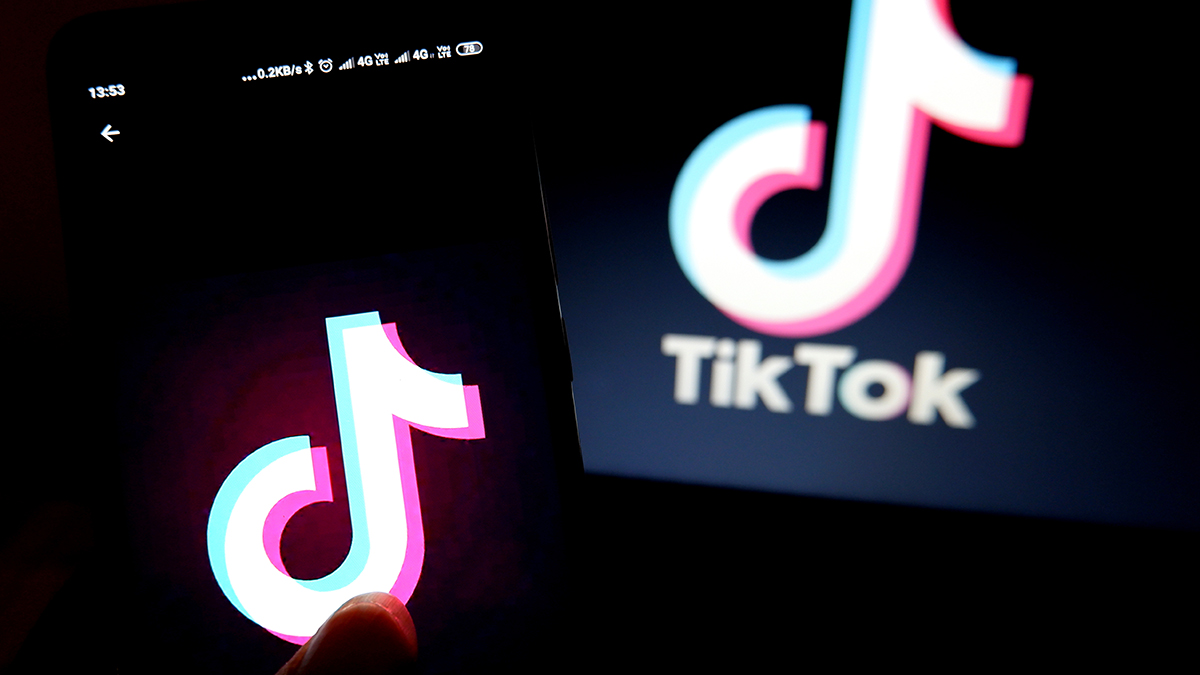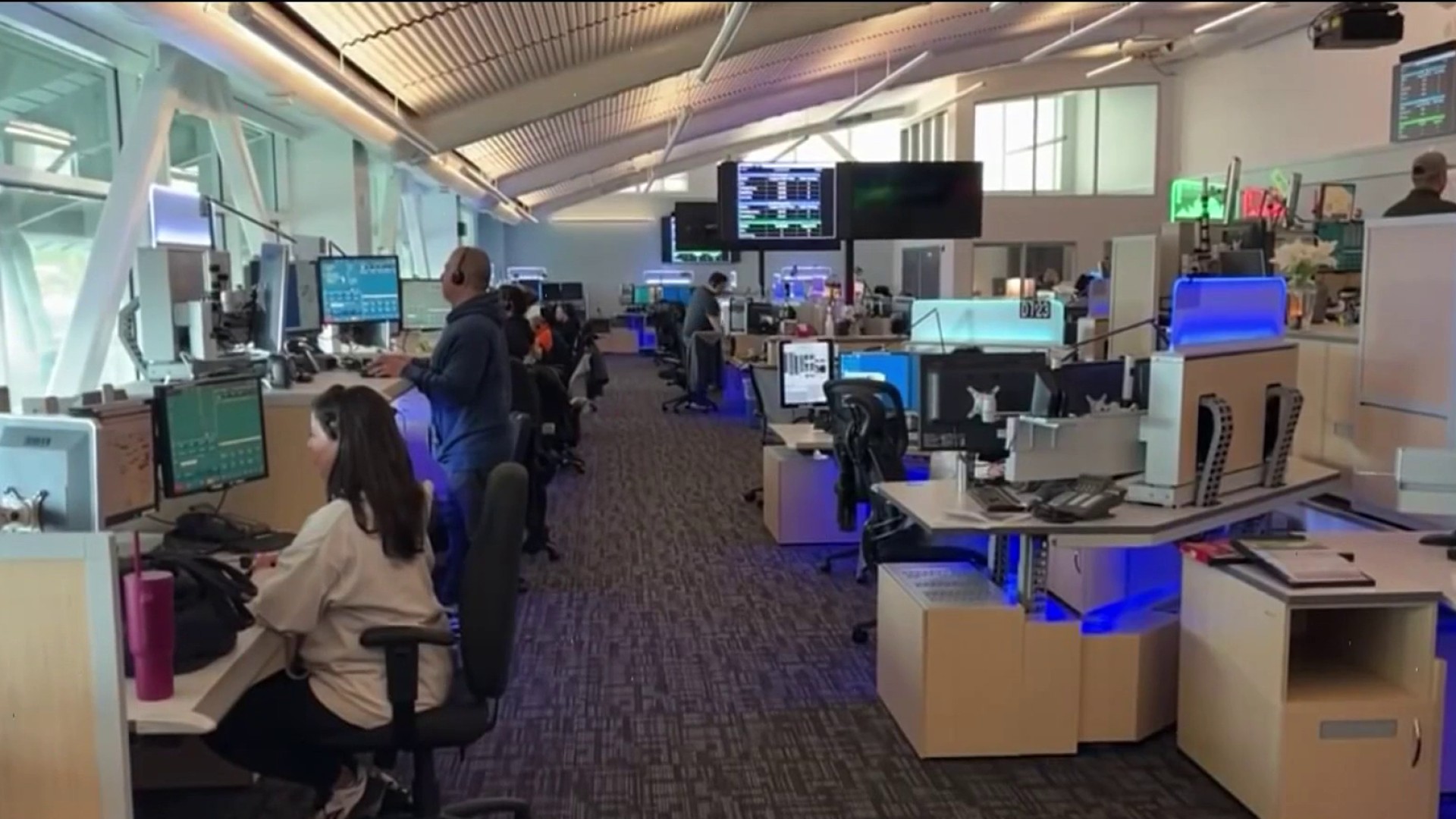During Apple's Back to the Mac event last month, Steve Jobs went on record about touchscreen PCs, declaring that they're "ergonomically terrible." The comments inspired us to call HP, who aggressively markets touchscreen PCs under its TouchSmart brand. We asked their reps what they thought of Jobs' remarks.
First, here's what Jobs had to say about touchscreen computers:
"We've done tons of user testing on this, and it turns out it doesn't work. Touch surfaces don't want to be vertical. It gives great demo but after a short period of time, you start to fatigue and after an extended period of time, your arm wants to fall off. it doesn't work; it's ergonomically terrible."
Potentially fighting words to HP, given its line of TouchSmart PCs includes both desktop and laptop models. We talked to Ken Bosley, HP's product marketing manager for consumer PCs, about touchscreen ergonomics and asked him what he had to say about Jobs' remarks.
"I would say that would be a very good observation for a device that only had touchscreen input," Bosley said. "But that's not the devices that we make. Our devices have keyboard, mouse, touchscreen and voice [input]. And they're all good for certain interactions. You will not sit there and work on an Excel spreadsheet for two hours with touch."
But what about Jobs assertion that a touch interface should be horizontal, and not vertical like the TouchSmart machines?
"Fundamentally, you do have to raise your hand up," said Bosley. "But if you look at the way our TouchSmarts work, they do recline further than most of our competitors. As you recline the device, you can ease the interaction, because the amount you have to lift your arm is less."
Local
During Jobs' keynote, he showed a picture of a person touching the screen of a laptop and declared, "This doesn't work." That had to be hard to hear for owners of the TouchSmart tm2 notebook, which has a touchscreen display. Surprisingly, Bosley concedes this one, saying touchscreen laptops have had limited success.
"Part of the issue is the touchscreen is very expensive, so there's a very significant cost adder for that form factor. The other thing is… when you touch the screen, the screen [shouldn't] wobble or move, because if that happens the touch doesn't work at all. The screen's got to be rock-solid. That's very, very difficult to do in a laptop, where the screen just sort of fundamentally folds. It's a tough problem, and no one's come up with a great solution yet."
Whether or not Apple ever sells a touchscreen computer, the world does appear to be heading in the direction of all screens becoming touchscreens. "The problem now is that it's a very significant cost to add a touchscreen… just like, right now, every computer does not have a Blu-ray player." said Bosley. "And there are some industrial design compromises. [But] I think in the very long term, everything will have a touchscreen."



